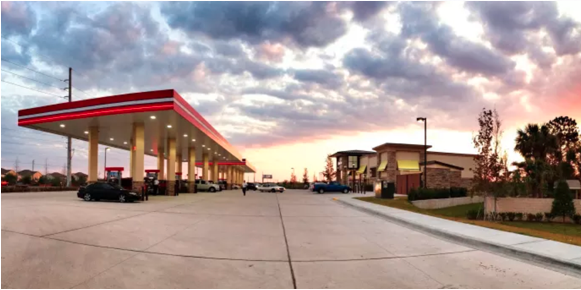Study shows “tacit collusion” between retailers inflates the price of petrol

Tacit collusion between petrol retailers pushes up the price motorists pay at the pump, according to new research from the University of Melbourne.
The first-of-its-kind study analysed more than 1.7 million petrol price points from a 15-year time frame across Perth.
Dr David Byrne, from the University of Melbourne Centre for Market Design, and Associate Professor Nicolas de Roos at the University of Sydney, found tacit collusion among petrol retailers helped push up profit margins in the range of 50 per cent.
“We are not suggesting that the petrol retailers are engaged in explicit collusion,” Dr Byrne said.
“But the findings present an urgent new challenge for policy makers and the Australian Competition and Consumer Commission (ACCC) in dealing with markets that are dominated by just a few big players among many small ones,” he said.
“Big players can act like conductors, and smaller players can act like the orchestra, in coordinating on tacitly collusive pricing behaviour.”
Dr Byrne said the research revealed a market leader would initiate a price increase and its competitors would follow.
He said prior to 2010 all petrol retailers engaged in price jumps on all days of the week. But the research showed that since 2010, Thursday price jumps have become the norm.
“In Perth, the petrol price cycles work like clockwork - every Thursday prices jump by 15-20 cents per litre and then are progressively cut back by 2 cents per litre per day until the next Thursday price jump when the cycle repeats itself,” Dr Byrne said.
“This tacit collusion softened price competition, resulting in higher profits for all firms involved, and higher prices for consumers.”
Read the full story on Pursuit.